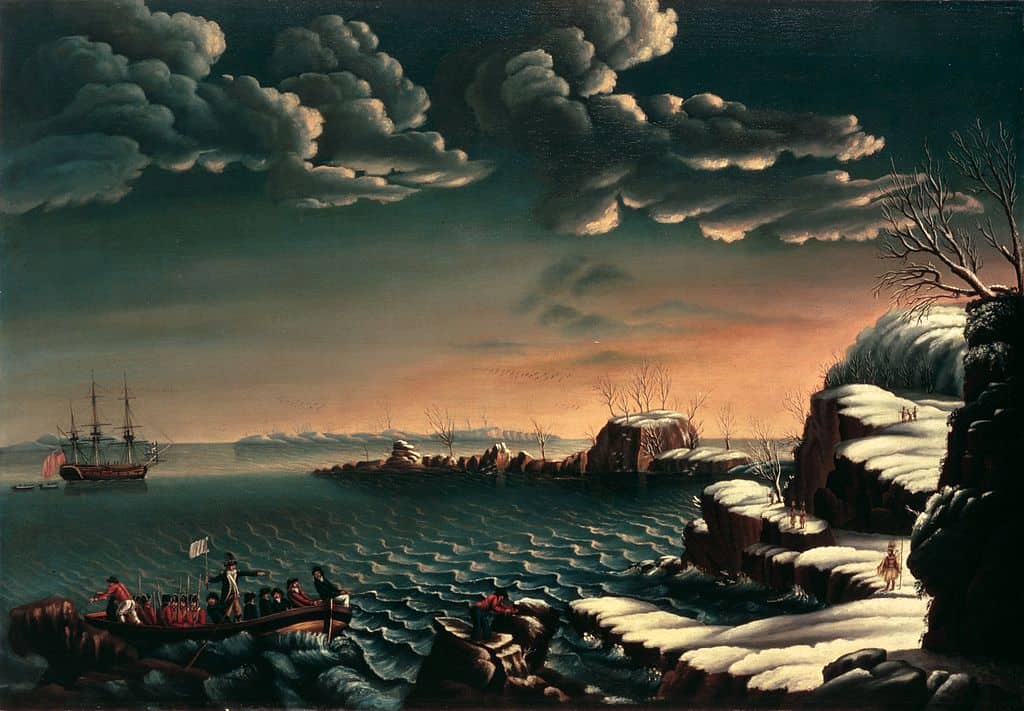While many believe government exists to meet people’s needs, Scripture teaches individual responsibility. So does history. Settlers in both Jamestown and Plymouth initially sought to produce food and wealth according to a communal system. Workers contributed the fruits of their labors to a “common store” on which all relied. This approach pushed both settlements to the brink of starvation. Yet when land was assigned and people could reap the benefits of their own work, the communities prospered.

The Bible commends reward for hard work among able-bodied people. Proverbs 14:23 says, “In all labor there is profit.” Paul told the Thessalonians that whoever wouldn’t work shouldn’t be allowed to eat (see 2 Thess. 3:10), and he told Timothy that “if anyone does not provide for his own,…he…is worse than an unbeliever” (1 Tim. 5:8). It isn’t government’s job to meet the people’s needs. That job belongs to the people themselves.
Genesis 2:15: Exodus 20:8-9: Proverbs 6:6-11: Proverbs 12:14: Proverbs 14:23: Ecclesiastes 3:13: Ecclesiastes 5:12: Romans 12:11: Ephesians 4:28: 2 Thessalonians 3:6-12: 1 Timothy 5:3-8:
You can read all the above passages online here.
Alvin J. Schmidt, Under the Influence: How Christianity Transformed Civilization, (Grand Rapids: Zondervan, 2001), 211-212. This work has been rereleased under the title How Christianity Changed the World.
Copyright © 2014 by B. Nathaniel Sullivan. All rights reserved.
Unless otherwise indicated, Scripture has been taken from the New King James Version®. Copyright © 1982 by Thomas Nelson, Inc. Used by permission. All rights reserved.
top image credit: Landing of the Pilgrims by Michele Felice Cornè, circa 1805
